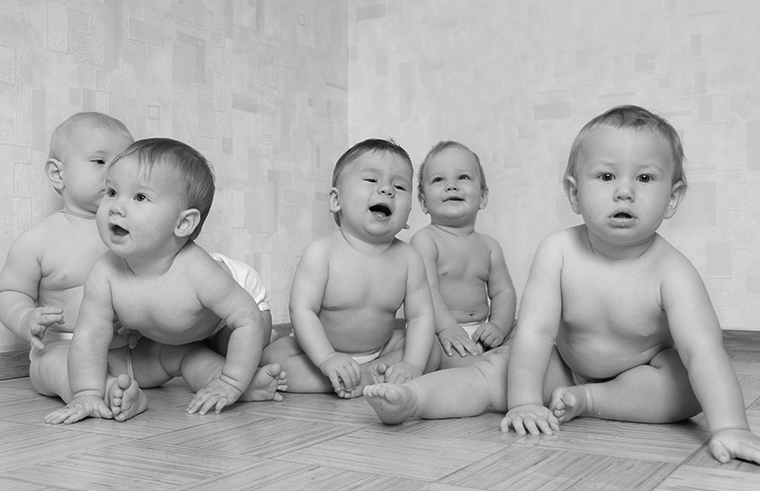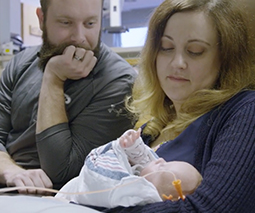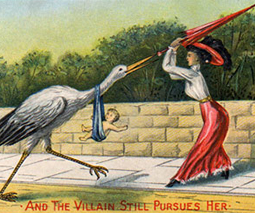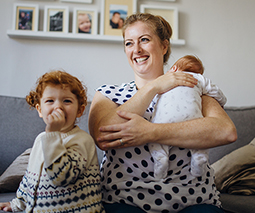Boom boom! Why Australian midwives should be limbering up right about now

Midwives across Australia have most likely done the maths and realised that this coming December, January and February are probably going to be very, very busy.
Get ready for a baby boom
With quarantine and self-isolation becoming more widespread, people are staying in and for some, activities may become increasingly intimate. If you know what we mean.
History tells us that when events unfold that cause people to tuck themselves away and wait things out, there is very often an increase in the number of babies born around 9 months after said event.
As Romper reports, if we look at the US, we see that nine months after 2013’s Superstorm Sandy there was a baby boom on the East Coast of the US (where the storm had impacted.)
“By the same token, a massive New England snowstorm in 1978 is reported to have led to an increase of births nine months later,” Romper points out.
There are cases of this sort of boom happening after other weather events and natural disasters, too.
It’s not just catastrophic and bonding weather events that may spark a 9-months-later baby boom. Sometimes just being in close quarters (and admittedly a little loose) during chilly days can result in a similar flurry of pregnancies.
Back in 2017, a UK midwife took to social media to beg people to “please stop shagging at Christmas” citing the combination of the UK winter and loved-up couples as being responsible for a rush on hospital maternity wards 9 months later.
Be prepared
Right now we’ve got the combination of COVID-19 induced isolation, worry and cooler days ahead making the circumstances pretty perfect for a pregnancy explosion. Couples stuck at home together will likely be alternating between anxiously climbing the walls and happily filling the hours.
We’ll check back in with you around this time next year because the figures are sure to tell the story about exactly how some of those hours were filled.
We’d also suggest that if you are a) able to conceive and b) not wanting to, you might want to review your contraception or make sure you are stocked up before you add to the tally.
Also please note that kids born in 9, 10 or 11 months time will contend with their birthday falling during the official worst time of the birthday calendar year – the summer school holidays. Won’t somebody think of the children? (And the midwives, of course!)









